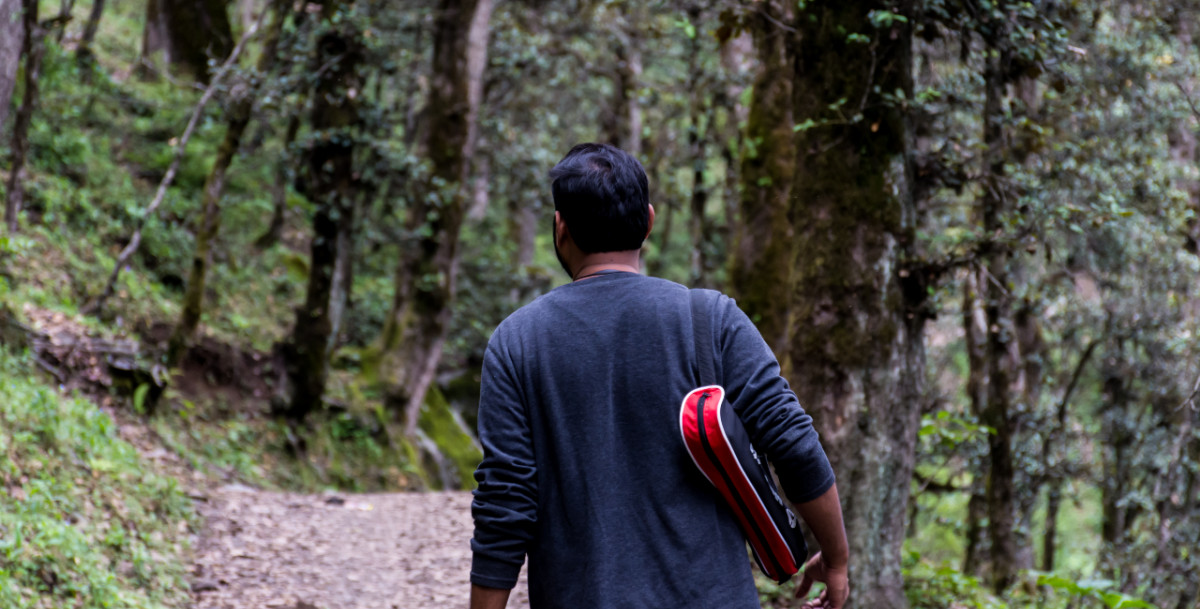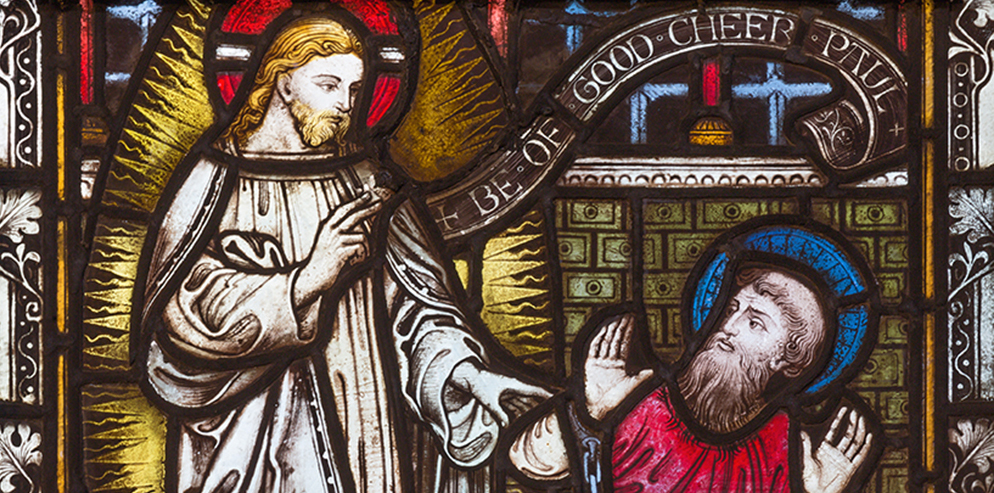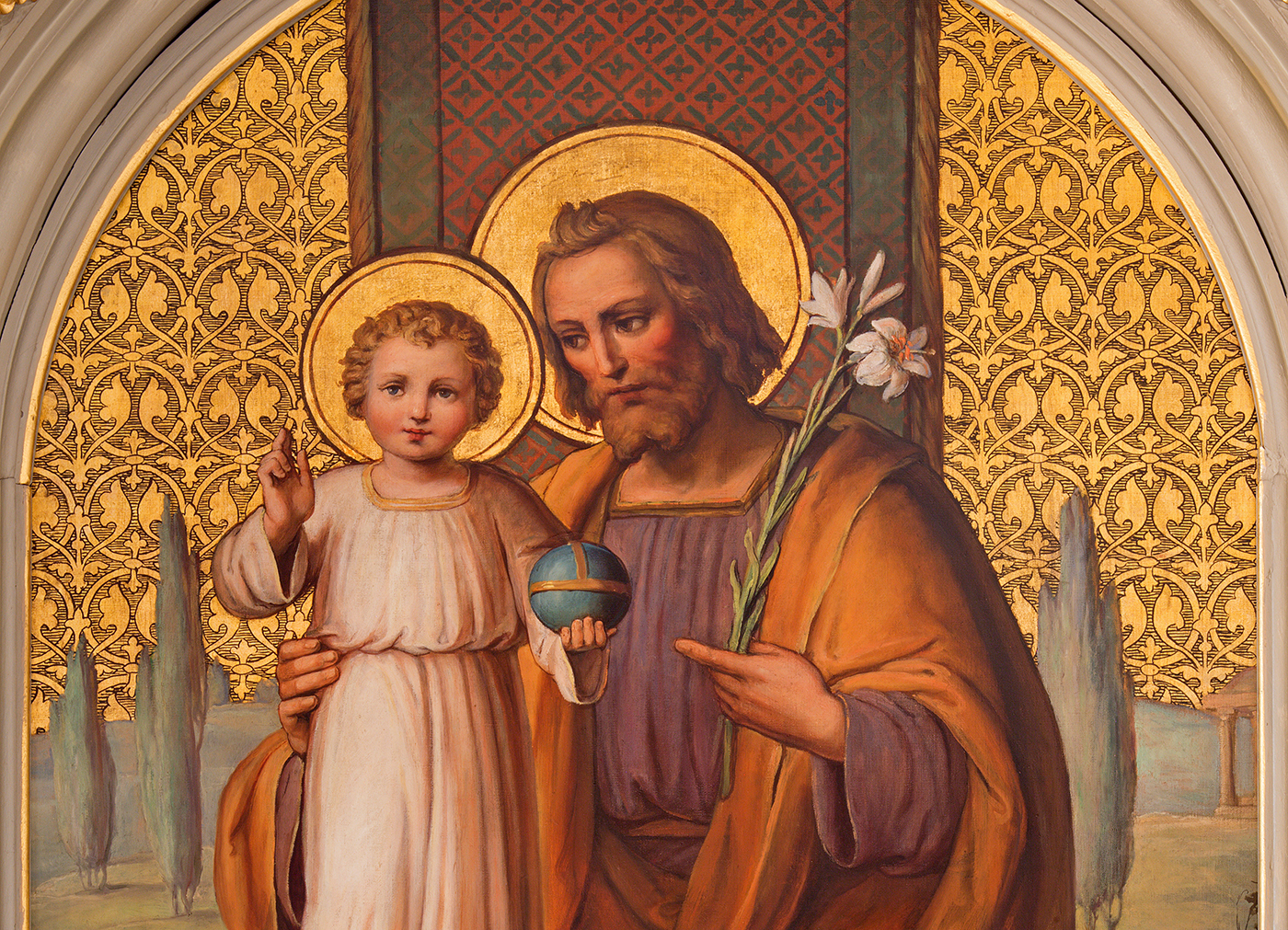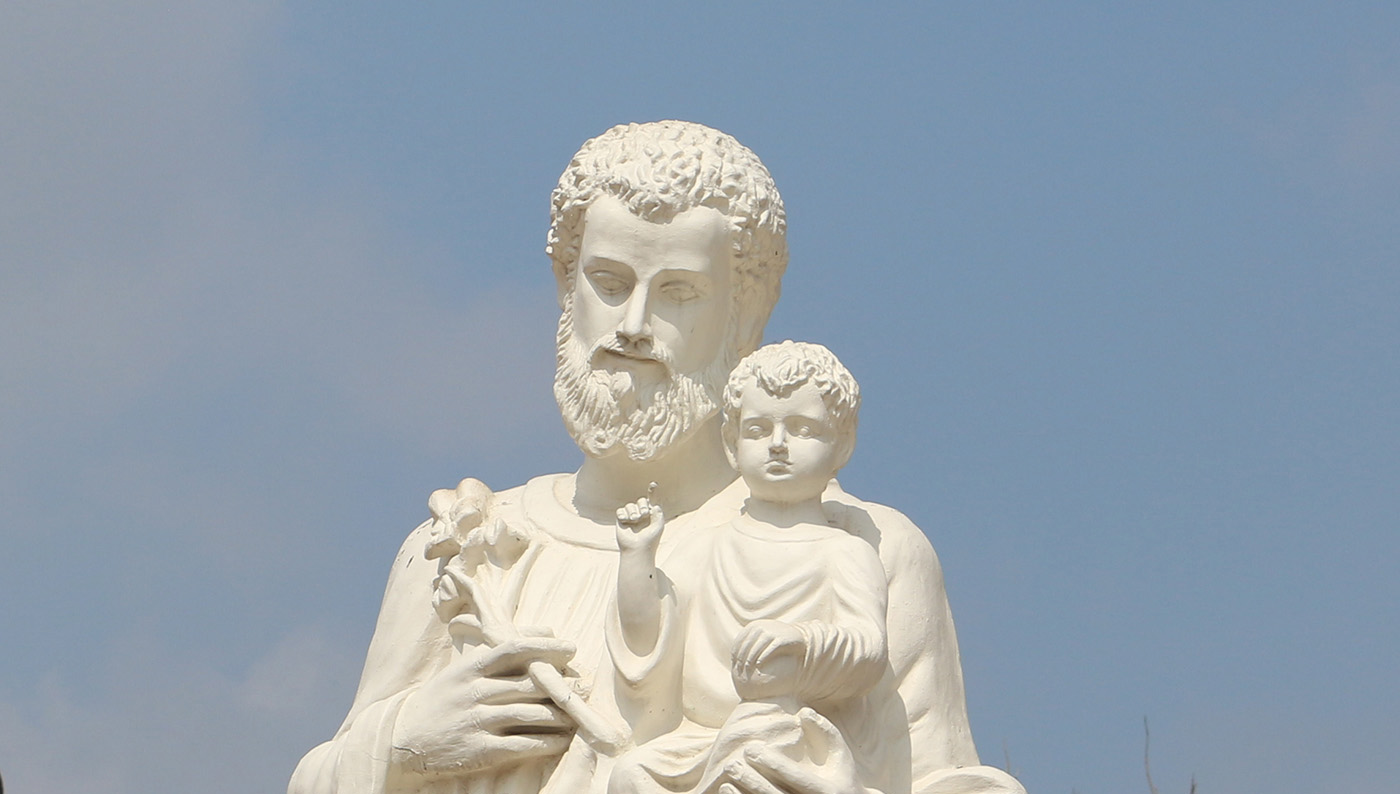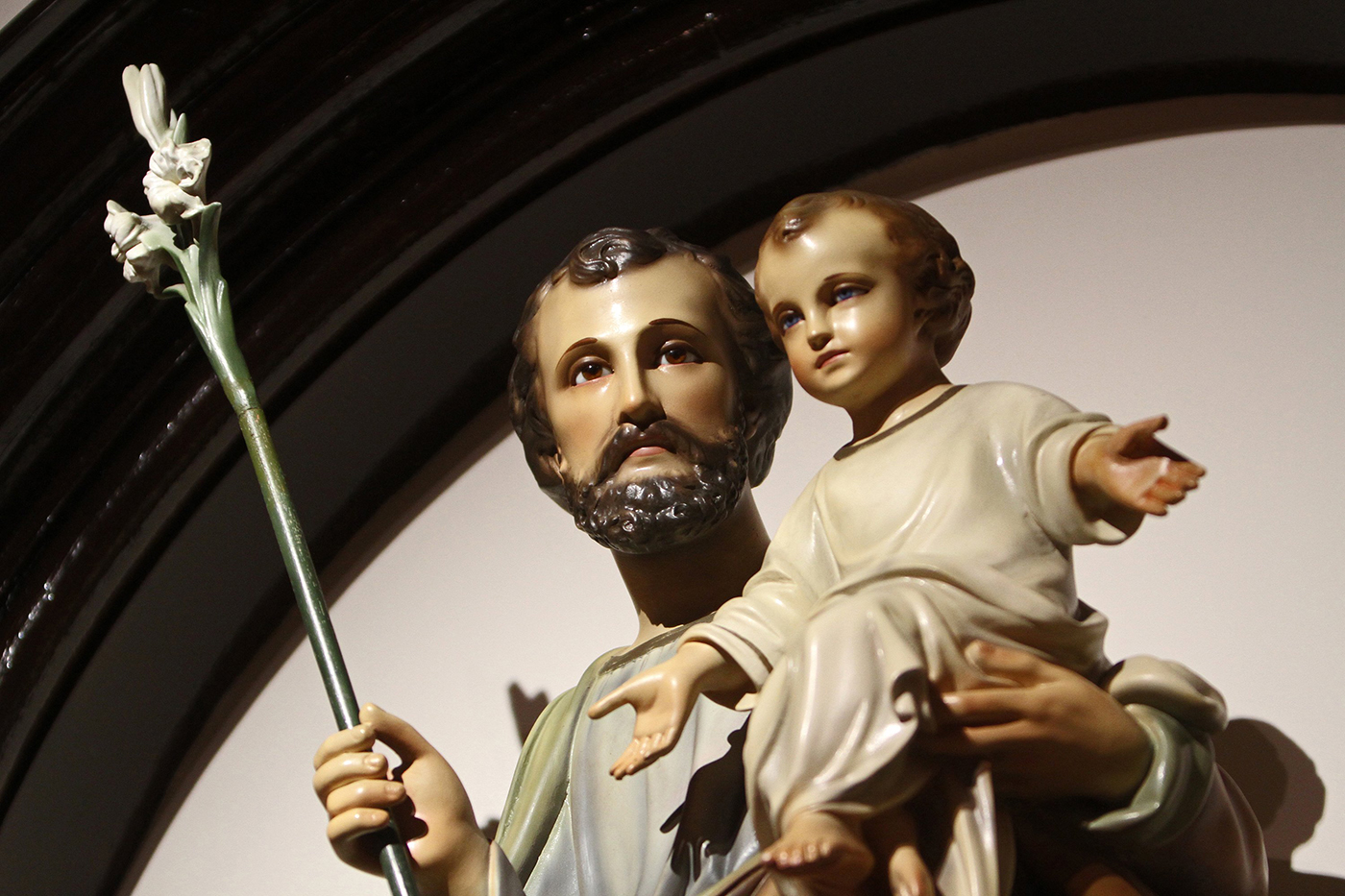I had never thought about the many ‘Josés’ around me until I helped Carmen, one of my students, fill out an application. “My father is José Luis, my mother Luz María, my brothers, José Ignacio, José Antonio, and Juan José. My children are Karen, Vanessa, and Kevin José,” she said. The very same day, I received a text message from my mom saying, “Call uncle José Luis. Today is his birthday.” That was not a coincidence!
So, I wondered, why ‘José’? Why did our Hispanic ancestors use the name for almost every male? I suppose they named them to honor the most famous ‘José’ that I’m aware of, José, the earthy father of Jesus. We don’t know much about this José, but we can be sure of one thing, he was a good man. Why can I be so sure? “De tal palo, tal astilla” or “like father, like son.” Through the son, we can know the father. Jesus himself taught us that.
San José is also known as the “silent father.” He was a man of few words. He was a caring, responsible, and brave man who challenged the tradition of his time and married an already pregnant young woman despite what it would mean for his family’s honor. He did not hesitate to leave everything when in dreams, it was revealed that baby Jesus was in danger. He did not hesitate to give his name to a child he knew was not his.
San Jose’s attitude and faithfulness reminded me of multiple Hispanics I have met in the ministry. Faithful younger and older men of hard work and few words. In many cases, brave individuals who risk themselves to go out to work to provide for their families despite the fear of not having a driving license. Like San José, most of our contemporary ‘Josés’ don’t have sumptuous jobs or higher education. Like San José, they do have faith in a better future.
Of course, I am not saying that all men named ‘José’ are as virtuous as Jesus’ dad. What I mean is that being called ‘José’ is more than something trite or tedious. It could remind us of the many talents and virtues that we rarely recognize in the ones around us or in ourselves, the many gifts we give for granted.
I knew José Ignacio, Carmen’s older brother, as Nacho. Their family came to the US when they were very young. Eventually, the father was deported, and the mama was left alone with her kids. José Ignacio dropped out of middle school to work at a factory, and at 10, Carmen was her mama’s official translator.
I met Nacho at a Catholic conference. He seemed to be a shy, silent, almost introverted young man. All changed when he talked about his faith and shared his testimony. At the table, we were deeply impressed and moved by this young ‘José.’ He was 23 then. At that age, he was still working in three different places to help his mama and siblings and had recently returned to night school.
I have noticed that the new generations of Hispanic boys, like Nacho, don’t use or don’t identify themselves with the name ‘José.’ I asked Nacho why he never used his first name. He said that people made fun of him because all the Latinos —including his two younger brothers— have the same name; all are ‘José.’
You can say it is just a name, yes. But it’s not any name. This is special. It links us to our roots. It can also be a reminder of the original bearer of the name, his virtues, his example, and the love for his family expressed in the small and big things he did for them. If we want, instead of feeling that ‘José’ dissolves our identity, we can recognize that we are the proud bearers of a very special seal.
Next time you cross paths with a ‘José,’ ask him about his name. See what he thinks of it. Is he a San José or just another ‘José’?


